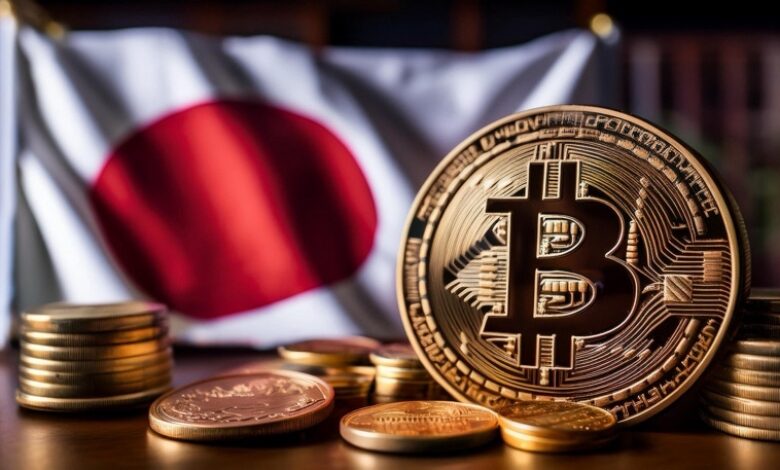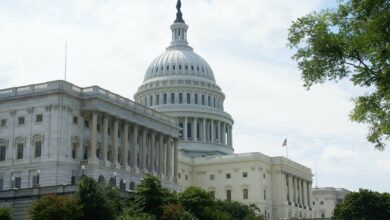Japan to Ban Crypto Insider Trading Under New Financial Rules

Japan’s financial watchdog is preparing to ban and penalize insider trading in the cryptocurrency market, marking a significant step toward aligning digital asset regulations with those governing traditional securities.
According to a report by Nikkei Asia, the Securities and Exchange Surveillance Commission (SESC) will soon be granted authority to investigate suspicious crypto trading activity and impose fines proportional to profits made through insider trading. In severe cases, the regulator will also be empowered to make criminal referrals.
Strengthening Oversight in Japan’s Crypto Markets
Currently, Japan’s Financial Instruments and Exchange Act (FIEA) does not cover insider trading related to crypto assets. The Japan Virtual and Crypto Assets Exchange Association (JVCEA), the industry’s self-regulatory body, also lacks a robust monitoring framework for detecting suspicious trades.
This regulatory gap has prompted Japan’s Financial Services Agency (FSA) — the SESC’s parent organization — to pursue stronger oversight. The FSA is expected to form a working group by the end of 2025 to finalize the new framework, with a proposed amendment to the FIEA likely to be submitted next year.
A Push for Investor Protection
The FSA said the updated framework would address long-standing challenges in Japan’s crypto sector, including inaccurate disclosures, unregistered platforms, scams, and exchange security concerns.
Japanese authorities have so far had limited experience handling insider trading in crypto, largely because many digital tokens lack identifiable issuers, complicating the process of determining who qualifies as an insider.
Crypto Adoption and Political Momentum
The move comes as Japan’s crypto user base has quadrupled over the past five years, reaching 7.88 million users — roughly 6.3% of the population — according to Nikkei Asia.
Adding to the momentum, Sanae Takaichi, the frontrunner to become Japan’s next prime minister, is expected to foster innovation while maintaining strict oversight. Takaichi has voiced support for “technological sovereignty”, blockchain development, and a more open environment for tech experimentation.
Her economic agenda — centered on lower interest rates, tax cuts, and looser monetary policy — could further stimulate investment and capital inflows into Japan’s crypto industry.
Aligning Crypto with Securities Law
Earlier in September, the FSA announced plans to classify crypto assets under the FIEA, shifting oversight from the Payments Services Act. This adjustment would place cryptocurrencies on par with securities, enhancing transparency and investor protection in the growing digital asset space.





